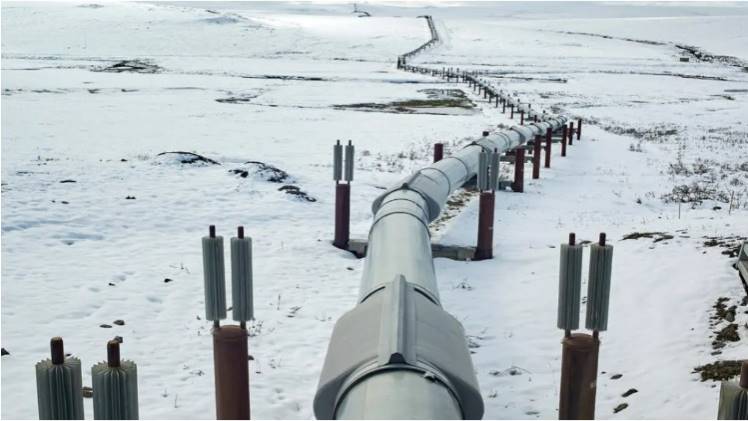The Willow Drilling Project in Alaska: A Dangerous Development for the Environment and Local Communities

The decision by a federal judge to reject a bid to halt the highly contested Willow drilling project in Alaska is a major setback for environmentalists and a concerning development for anyone who cares about the impact of human activities on our planet’s delicate ecosystems.
The Willow project, which is being developed by ConocoPhillips, is set to produce up to 160,000 barrels of oil per day from the National Petroleum Reserve in Alaska (NPR-A), an area that is home to a diverse range of wildlife and plays a crucial role in regulating the region’s climate.
The project has been highly controversial since its inception, with environmental groups arguing that the drilling could harm the area’s sensitive habitats and contribute to the acceleration of climate change. In addition, local communities, including the Native Village of Nuiqsut, have raised concerns about the potential impacts of the project on their traditional way of life and cultural heritage.
Despite these concerns, the Bureau of Land Management (BLM) approved the Willow project in October 2020, and ConocoPhillips began construction in early 2021. However, environmental groups filed a lawsuit challenging the approval of the project, arguing that the BLM failed to adequately consider the potential impacts on the environment and local communities.
On March 24, 2021, U.S. District Judge Sharon Gleason rejected the request for an injunction to halt the construction of the Willow project, arguing that the plaintiffs had not demonstrated that they would suffer irreparable harm if the project were allowed to proceed.
This decision is a huge blow to environmentalists and indigenous communities who have been fighting to protect the delicate ecosystems of the NPR-A from the impacts of oil and gas development. The Willow project is just one example of a larger trend of expanding fossil fuel development in sensitive areas across the United States, including the Arctic National Wildlife Refuge and the Gulf of Mexico.
The impacts of these projects are not just limited to the immediate area where the drilling occurs. The burning of fossil fuels extracted from these areas contributes to the acceleration of climate change, which has far-reaching and potentially catastrophic impacts on ecosystems and human communities around the world.
In addition, the extraction and transportation of oil and gas can have significant impacts on the health and well-being of local communities. These impacts can include air and water pollution, increased traffic and noise, and the potential for oil spills and other accidents.
As we continue to grapple with the impacts of climate change and the urgent need to transition to a cleaner, more sustainable energy system, it is essential that we pay attention to the decisions being made about fossil fuel development in sensitive areas like the NPR-A. The Willow Project is just one example of the many challenges we face in protecting our planet’s fragile ecosystems and ensuring a sustainable future for ourselves and future generations.





